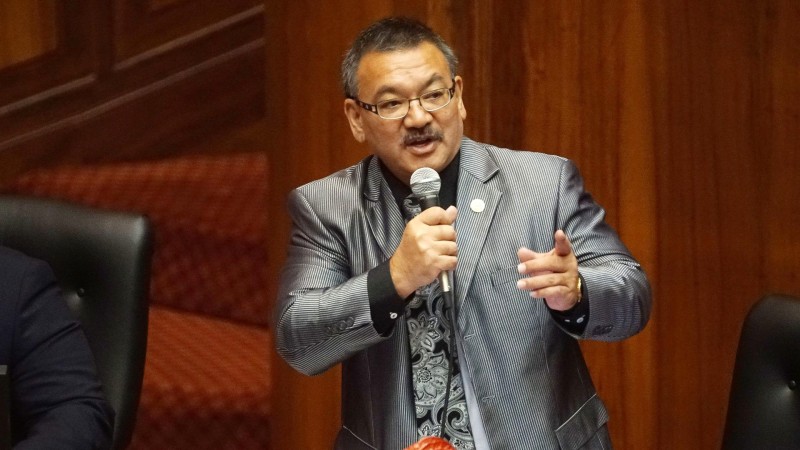Hawaii House Bill 1815, which dropped last week and aims to legalize sports betting in the state, is seeking to impose a 55% tax on sportsbooks. The unusually high rate would make Hawaii the highest-taxed state for sports gaming, ahead of New York and New Hampshire’s 51% rate.
Authored by Rep. John Mizuno, HB 1815 reads: “Sports wagering tax: There shall be levied, assessed, and collected a tax of fifty-five percent on all winnings paid out to any person by a sports wagering provider. The tax revenues shall be deposited into the sports wagering special fund.”
The passage originally led to controversy and confusion, as it was interpreted that the 55% tax would be imposed on players, a radical approach no state has introduced. However, Mizuno has since clarified the bill would tax sportsbooks instead of bettors themselves: the Rep. took New York’s bill as a model, but wanted to further increase the tax regime.
The bill also seeks to create a Hawaii online sports wagering corporation to conduct and regulate gaming. It would be managed under the Department of Business, Economic Development and Tourism.
Mizuno said many aspects of the legislation would have to be revised if it gets through to committees, although he admitted it might be unlikely for the bill to reach that stage, especially given Hawaii’s status as the only state that doesn’t allow gambling, along with Utah.
The 55% tax rate would position Hawaii at the highest on sports betting in the US, which could also make it more complicated for the bill to advance to later stages. It would also make it harder for operators to make a profit there. The draft of the bill also calls for licensing fees for operators launching in Hawaii, but the amount to be paid is not mentioned.
Mizuno has also introduced separate legislation, HB 1820, which seeks to legalize gambling in the state, allowing for a single casino in Waikiki. The standalone venue is expected to reinvigorate tourism and nightlife businesses in the Honolulu neighborhood, on the south shore of the island of Oʻahu.
“The legislature finds that a single casino in Waikiki will not only provide tourists with memorable nighttime activities but will also stimulate the economy by creating hundreds of jobs and generating millions of dollars in revenue for the State,” the bill reads.
The legislation further notes that, by comparison, other forms of gambling such as lotteries, iGaming and non-casino electronic gambling, create “few quality jobs” and do not generate “significant economic development” in the state. According to the bill, polls have shown that more than 70% of Japanese, Chinese and Korean visitors approve of a casino in Waikiki.



